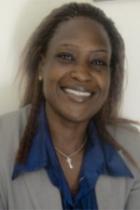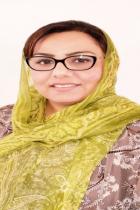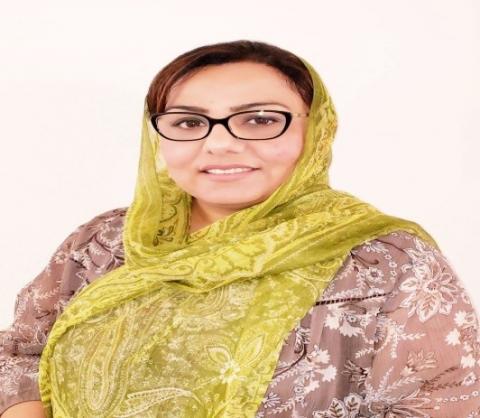Evalyne Achan

Uganda, 2009
Community and Government Liaison Officer, Winrock International
“I am more empowered to handle issues of good governance, human rights, and development head on,” states Evalyne Achan from Uganda, a 2009 graduate of the Human Rights Advocates Program. HRAP is a four-month training program for human rights advocates. Based on the campus of Columbia University in New York City and utilizing the many NGO and rights networks available throughout New York, participants follow graduate courses, take part in skills-building workshops, and attend networking meetings among other program activities to advance their advocacy careers. Since completing the program, Achan remarks, “I can now talk with confidence on the rights of human rights issues and know which stakeholders I can work with in order to have issues of human rights addressed.
While in HRAP, Achan joined her current organization, Winrock International, a nonprofit organization that empowers the disadvantaged, increases economic opportunity, and sustains natural resources. She had previously worked for CARE International and the Agency for Co-operation and Research in Development. At Winrock International, Achan is serving as the Community and Government Liaison Officer for the organization’s Northern Uganda Development of Enhanced Local Governance, Infrastructures, and Livelihoods (NUDEIL) Program. NUDEIL is a USAID Program that has been sub-contracted to Winrock International. In her position, Achan acts as advisor and facilitator for all programmatic aspects of NUDEIL. Her work is helping local communities and governments in northern Uganda to develop strong and transparent processes, build roads and schools, provide drinking water, and establish rural health and sanitation facilities. The result of Achan’s work provides employment, income, and a higher quality of life for communities in northern Uganda.
When asked about the greatest benefit of her participation in HRAP, Achan fondly recalls one of the opportunities that she had during an event sponsored at the United Nations. “My greatest benefit,” she says, “was that my self-esteem was highly lifted, networks broadened, and meeting with key personalities in the world, like when I met UN Secretary General Ban Ki Moon.”
Achan reports many wonderful accomplishments since her very recent participation in HRAP. She says, “I have been able to accomplish key things in my life, was able to raise funds for charity for Rural Development-Uganda, a community-based organization I co-founded to help in promoting and protecting the rights of the formerly abducted child mothers, widows, and women and at the same time improve their livelihoods.” Additionally, she explains how HRAP has advanced her personal work, saying, “Through the networks created while at HRAP, I have been able to sell more Paper Beads. The number stands at 2600 beads per month from 600-700 per month. It has helped me to broaden my understanding of human rights work and the roles of being human rights defenders.” Reflecting on her accomplishments and participation in HRAP, she concludes, “As much as the HRAP Program empowered me as an individual, the effect has trickled down to the communities in Northern Uganda.”
—Article composed by Andrew Richardson, Program Assistant, August 2010








